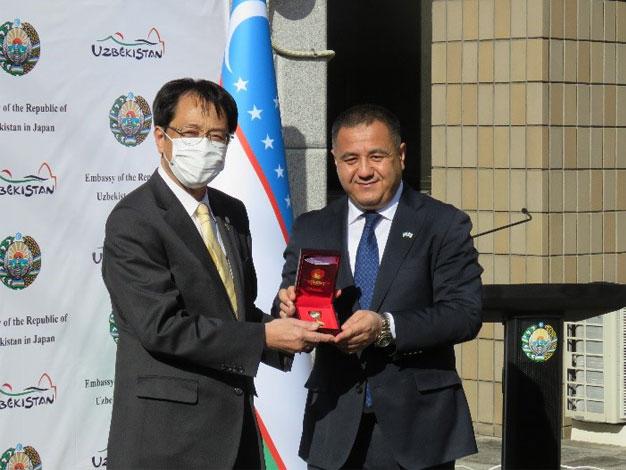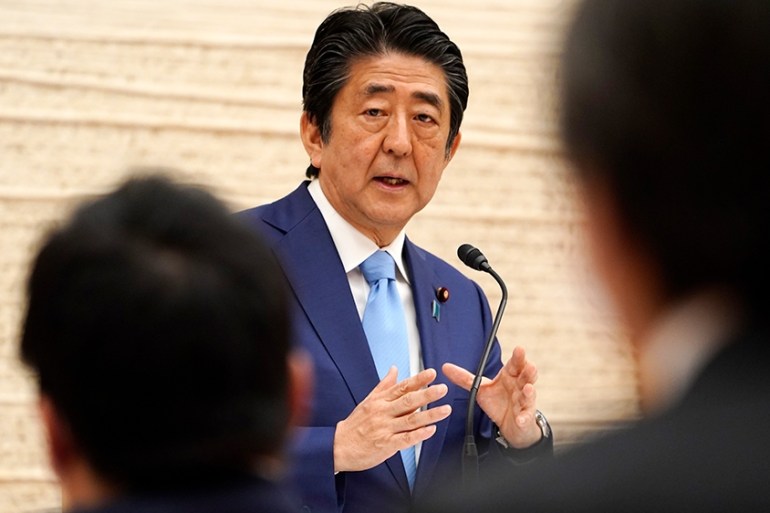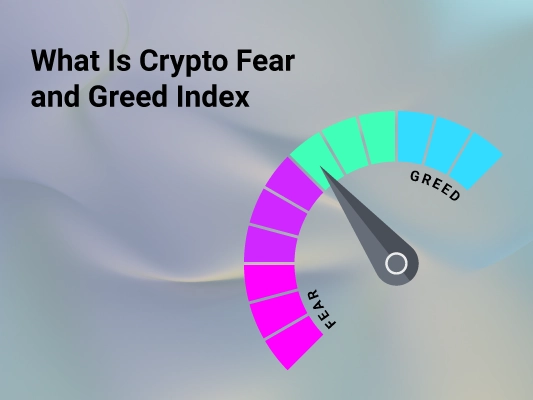[ad_1]
With COVID-19 shots from Pfizer-BioNTech and Moderna Inc. both available in Japan’s booster campaign, many may be wondering how the two shots compare.
As the booster rollout speeds up, some are also wondering if they should stick with the same kind of shot they got in the first round or go with a cross-vaccination: two Pfizers and a Moderna, or two Modernas and a Pfizer.
For boosters, Japan plans to distribute significantly more doses from Moderna than from Pfizer — 58 million versus about 37 million doses, respectively — by early April, and will promote the idea of cross-vaccination. With the supply in mind, the government is overall pushing the public to use Moderna.
However, threatening to impede the nation’s rollout is an apparent preference for Pfizer among the general public. The preference appears to stem from reports that those vaccinated with Moderna in the initial round had harsher side effects. Consequentially, some municipalities have reported that mass vaccination sites using the Pfizer shot are almost fully booked, while venues using Moderna have many vacant slots. Pfizer’s vaccine accounts for 85% of the 7.5 million booster shots administered in Japan so far, according to data from the Cabinet Secretariat.
Experts have brushed off such concerns about side effects, emphasizing that it is more important to get a booster jab as soon as eligible, no matter which type. This is even more important for elderly people and anyone at a higher risk of developing serious COVID-19 symptoms. Getting a third dose — be it Pfizer or Moderna — reduced the chance of COVID-19-related hospitalizations by 94% during the delta wave and then 90% when the omicron variant was predominant, a study by the U.S. Centers for Disease Control and Prevention concluded last month.

But when it comes to choosing between Pfizer and Moderna, is there a science-based reason to choose one over the other? For starters, both vaccines have been approved by Japan’s health ministry, have full approval from the U.S. Food and Drug Administration and have been proven to be effective in preventing new infections and reducing severe disease and death.
Even though many in Japan appear to be favoring Pfizer, the Moderna shot has a slight edge when it comes to efficacy, says Dr. Kazuhiro Yamaguchi, a guest professor at Tokyo Medical University. What’s the science behind that assessment? Here’s a rundown of the two vaccines and why Yamaguchi came to his conclusion.
What are messenger RNA vaccines and how do they work?
While vaccines that use the weakened form of the living virus develop a strong and long-lasting immune response, mRNA vaccines, categorized as inactivated virus vaccines, do not offer efficacy that is as strong and long-lasting.
The mRNA vaccines instruct cells to make a spike protein like those found on the surface of the coronavirus, which the immune system recognizes and makes antibodies against. Despite false rumors that mRNA alters the DNA that have circulated online, mRNA does not enter the nucleus of the cell, where DNA is kept, and the mRNA breaks down soon after it relays its instructions.
The vaccine causes an immune response composed of both T-cells in the blood — which bind to infected cells and kill them — and memory B-cells, which produce antibodies. Though antibodies can wane significantly after several months, the cellular immunity afforded by T-cells helps fully vaccinated people stay protected against severe disease and death, though older people and those suffering from immunodeficiency or other chronic conditions can face a markedly higher risk.
The two vaccines have been authorized for use in Japan for people age 12 and above, while the Oxford-AstraZeneca viral vector vaccine has been approved for people age 40 and over, so in principle may be administered to those in that category. But only Pfizer and Moderna have been authorized as booster shots, eligible for people age 18 and over who had their second dose at least six months prior.
Is there a difference in efficacy between the Pfizer and Moderna vaccines?
Both vaccines showed extremely high efficacy in preventing new infections in late-stage trials overseas, but studies have shown slight differences.
A detailed analysis by the U.K. Health Security Agency in December showed that among those who had received two doses of Pfizer or Moderna, the effectiveness against the delta variant dropped from 90% and 95%, respectively, to 60% and 75% by 25 weeks after the second dose, indicating that Moderna’s efficacy against the delta variant did not fall as steeply in the months after inoculation.
The same analysis also showed that among those who had received two doses of Pfizer or Moderna, the effectiveness against infection with the omicron variant dropped from a peak of around 65% and 70%, respectively, to around 10% for both by 20 weeks after the second dose, suggesting that their efficacy against the omicron variant wanes at around the same speed.

In general, the antibodies generated by both vaccines start to wane quickly for the omicron variant, but a booster has been shown to bump up their levels significantly and beef up the body’s ability to prevent severe illness and death.
Yamaguchi says that in general, Moderna’s vaccine has a higher efficacy than Pfizer’s in provoking an immune response and preventing infections, but he added that there is no marked difference in effectiveness against the omicron variant.
Where does the main difference between the two vaccines come from?
The difference stems mainly from the volume of the active ingredient — mRNA — in the vaccines, Yamaguchi says. One dose of Pfizer’s vaccine contains 30 micrograms of mRNA. In comparison, Moderna’s jab contains 100 micrograms of mRNA for the first two doses, while Moderna’s booster is half the dose of the initial two shots.
“Even for a booster, the volume of mRNA (in Moderna’s) is more than 1.5 times that of Pfizer’s,” he says. “So if you have three shots of Moderna’s vaccine rather than Pfizer’s, it is true that you would have higher levels of antibodies and T-cell-mediated immunity.
“So if people who got Pfizer in the initial rounds get a Moderna booster, it’s logically understandable as it would have a little more efficacy,” he says. “But if you choose Moderna, Moderna and then Pfizer, it doesn’t make sense. So there’s not much logic behind the government’s proposed cross-vaccination because people who took Moderna’s two doses can take Moderna for a booster rather than a Pfizer.”

What about side effects?
Yamaguchi says Moderna’s vaccine tends to lead to more side effects since it develops a more powerful immune response.
The number of cases of serious side effects related to the Pfizer vaccine is small, but in general it was said to cause slightly more cases of severe allergic reactions called anaphylaxis. Meanwhile, people who get the Moderna shot tend to report more cases of minor side effects such as muscle pain, fever, fatigue or red, itchy, rash-like reactions commonly referred to as “Moderna arm.”
For both vaccines, there have also been rare reports of an inflammation of the tissue surrounding the heart called myocarditis and pericarditis — especially in male adolescents and young adults. But most patients who received care responded well to medicine and felt better quickly, according to the U.S. CDC.
The omicron variant, which is spurring a surge in new cases — the nationwide tally topped 100,000 on Saturday and set a new record high — has been known to cause milder symptoms than previous variants due to its lower virulence — which some experts argue is on par with influenza.

But scientists say it is still dangerous, especially for older people and others who have a higher risk of serious illness and death.
“Though the mortality rate from the omicron variant has become a 10th of that of the delta variant, that only applies to the total population,” said Yamaguchi. “If the elderly and immunocompromised people get infected, they still face a much higher risk of death. So a booster shot is important.
“But after a few months, antibody levels would decline again, so we will eventually need to prepare for getting a fourth and fifth shot at some point.”
In a time of both misinformation and too much information, quality journalism is more crucial than ever.
By subscribing, you can help us get the story right.
SUBSCRIBE NOW
[ad_2]
Source link



















